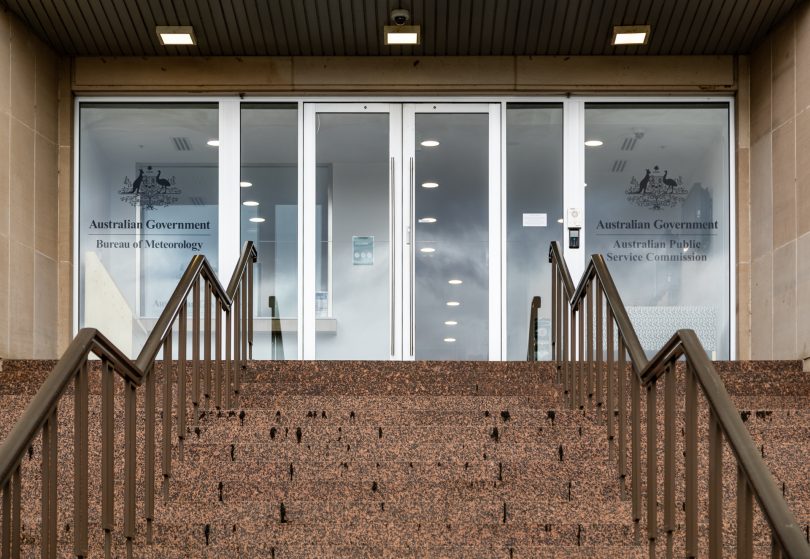
Staff at the Australian Public Service Commission have earned a holiday. Photo: Michelle Kroll.
You’ve got to give it to the Australian Public Service Commission (APSC) for its strategy of highlighting the positives of what has been a drawn-out and at times negative round of workplace bargaining.
Employees at a further two federal agencies have this week signed onto their enterprise agreements, bringing the total to five agencies so far.
And the APSC couldn’t be (publicly) more pleased.
These agreements include APS-wide pay and conditions as well as individual agency-level matters.
Employees at the Department of Prime Minister and Cabinet and the Federal Treasury voted yes to their agreements, joining the Health Department, Finance Department, and the National Health Funding Body, which all signed on last week.
More than 11,200 employees have now agreed to renewed enterprise agreements.
These enterprise agreements will go to the Fair Work Commission for approval before they come into effect.
But there remains a long way to go before all government agencies are on the same page.
The APSC expects employees in two more agencies to complete a vote on their enterprise agreement this week, with all remaining agencies to conduct their employee vote early in the new year.
“This is a positive outcome, and we look forward to continuing this momentum in the first quarter of 2024 to ensure pay increases for all APS employees are not delayed,” it said in a bargaining update notice.
Over at the Australian Taxation Office, however, where it’s the Australian Services Union rather than the Community and Public Sector Union steering the conversation, unionised employees have voted for arbitration by the FWC.
But that’s so far only the AWU members and only the tax officers’ branch.
So, the APSC is going all out to convince the rest that the deal is being supported across the APS.
The same goes for the messages it is aiming at all other agencies still to vote on their agreements.
It’s a clever strategy on the Commission’s part.
Not only is it hailing the wins, but it’s also detailing the outcome of agency votes in order to emphasise how successful the votes have so far been.
“100 per cent of employees who voted in the National Health Funding Body (NHFB) supported the new agreement, with 93.3 per cent of employees participating in the vote. It was the first APS enterprise agreement to go to vote following this round of APS bargaining,” the APSC update says.
“94.4 per cent of employees in the Department of Health and Aged Care who voted supported the new arrangements, with 76.8 per cent of employees participating in the agency’s ballot.
“The Department of Finance saw 93.4 per cent vote up the new pay and conditions on offer, with 76 per cent of employees participating in the enterprise agreement ballot.
“From the employees who voted, 93.4 per cent in the Department of Prime Minister and Cabinet agreed to the new arrangements, 68 per cent of employees participated in the vote.
“94 per cent of employees at the Department of the Treasury who voted also supported the new arrangements on offer, with 92 per cent of the workforce participating in the vote.”
What public servant reading those stats wouldn’t want to get on board and join the ‘winners’?
Problem is, the winning side hasn’t been decided yet as there are way more agencies that haven’t voted on their agreements than those five who have voted yes.
Having said that, most discussions Region has had with employees across all levels and numerous agencies reveal a growing sentiment from public servants that they just want the debate to end and to see extra money end up their fortnightly pay.
The new year will reveal all, and chances of a favourable outcome for the government are looking reasonable.
But the APSC is doing all it can to shore up the odds. And you have to admire its tenacity and ‘glass half full’ approach to its messaging.
Impressively, over the course of the lengthy APS bargaining process, the Commission has engaged more than 18,000 employees through its APS bargaining newsletter in order to keep the workforce (and the media) informed of bargaining updates.
The APSC delivered the first APS-wide bargaining round since the 1990s, reaching agreement on some excellent workplace conditions, and revealing a dedicated and skilled negotiating team.
Their Christmas break has been well earned.

















